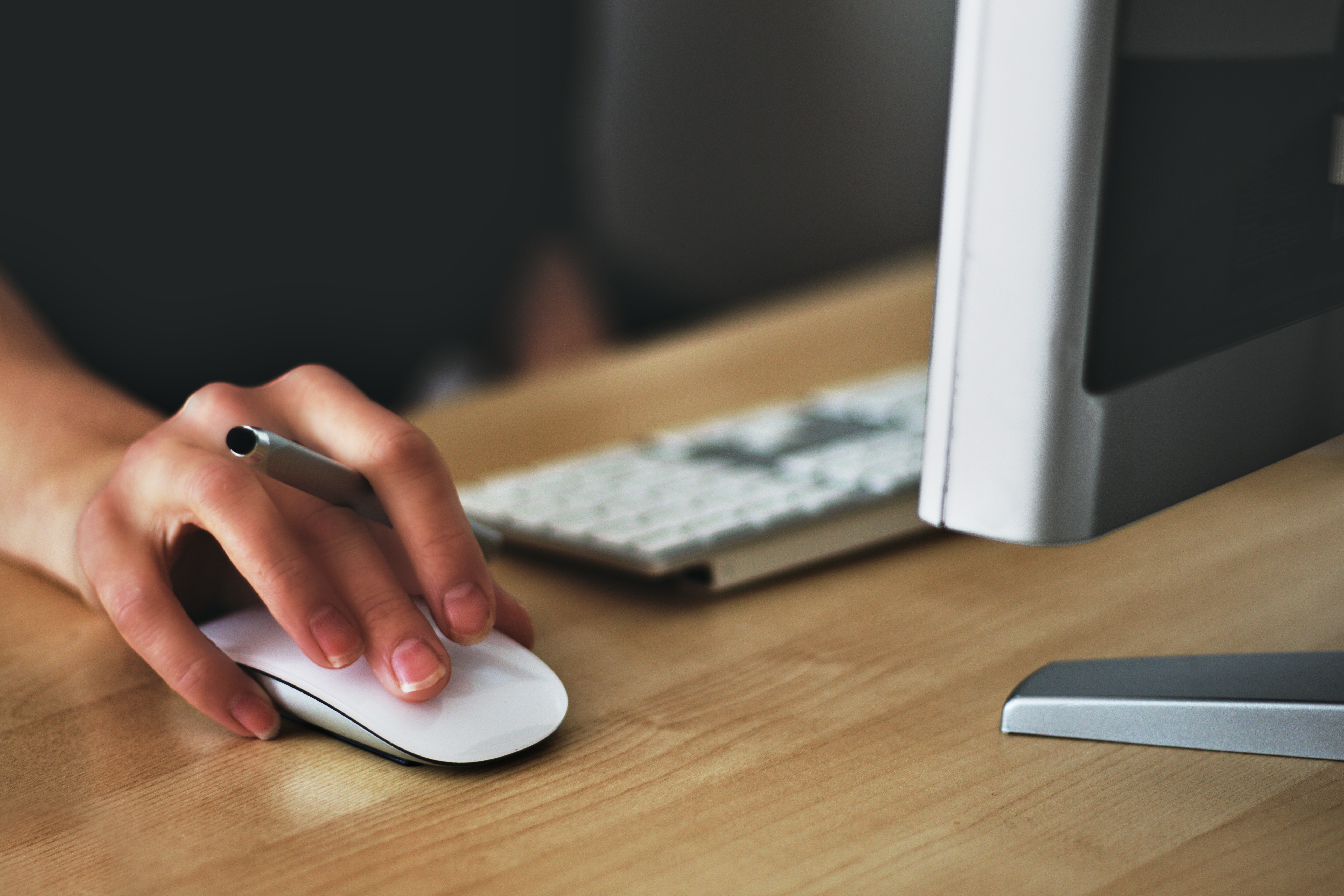Tips for Improving Your Research Skills

Research skills are becoming increasingly important in today’s job market. Whether you are an entrepreneur, a journalist, or an academic, the ability to conduct thorough and accurate research can make all the difference. However, research can be challenging, and it can be difficult to know where to start. So here’s a list of tips to help you improve your research skills, so you can be more efficient and effective in your work.
Research is when you use evidence to support a conclusion. To improve your research skills, it is important to start by understanding the purpose of your research and establishing an appropriate scope. Although some people think research is mainly used in academia, many people need to do research for their work or everyday lives. You might be an employer wanting to do a background check on prospective employees, in which case you’ll want to look at their social media and general digital footprint. You may be training to be a journalist or working on a media story, when you might want to do anything from a birth records check to an inmate search. Or perhaps you’re interested in taking up a particular sport or hobby, and want to find out as much as you can about it. Whatever the reason, research is invaluable to your life. So here are some tips on how to do research better.
Start with the Basics
Before jumping into complex research topics, make sure you have a solid foundation in research basics. This means understanding different research methods and how to select the right one for your needs. You should also be familiar with different sources of information, such as databases, scholarly journals, and articles. Take some time to review research fundamentals, so you can effectively apply them when needed.
You’ll also want to find out what kind of databases are out there for members of the public, which are either free of charge or require a subscription. For example, company registrations and records, phone directories and other resources can be useful for a lot of different research purposes.
What do you Want to Discover?
One of the biggest challenges in research is developing a clear research question. Without a well-defined question, you may waste time searching for irrelevant information or miss important findings. To develop a strong research question, start by identifying the problem or issue you want to investigate. Then, think about what information you need to answer your question. Finally, develop a concise and specific question that will guide your research.
For example, if you’re a journalist working on a profile or human interest story, you’ll want a detailed background on the individuals you’re quoting and featuring in the article. If you’re researching a new hobby, you’ll want to know the basics of how to get started and what equipment is needed.
Don’t Hesitate to Seek Help
Even the most experienced researchers may encounter challenges or roadblocks. Don’t hesitate to reach out to colleagues, mentors, or experts in your field for guidance or support. They may be able to provide new perspectives or offer helpful resources that you hadn’t considered before. Additionally, asking for feedback on your research approach or findings can help you refine your ideas and improve your final product.
Also look for communities of people with experience in the same area as your research. Online forums and message boards are great places to ask questions, get advice, and connect with people who can support and guide you on your research journey.
Stay Organized
Research can involve a lot of information, which can quickly become overwhelming if not properly organized. Develop a system for tracking sources, notes, and findings, ideally before you start your project. This can help you avoid duplication of effort and ensure that you can easily find important information when you need it. Consider using tools like citation managers or note-taking apps to simplify this process.
If you’re a more visual learner, you may want to consider using a mind-mapping tool or infographic-style approach. Or just get a pin board and start pinning pictures and notes up. This can help you structure and organize your research, so that it’s easy to access and understand.
Practice Critical Thinking
Research is not just about gathering information, but about analyzing and interpreting it. Develop critical thinking skills to help you evaluate sources, identify biases, and draw accurate conclusions. Be aware of your own assumptions or personal biases, and consider alternative perspectives that may challenge your assumptions. This can help you avoid errors or misinterpretations that could undermine the credibility of your research.
Even for personal projects, it’s important to be critical. Does a particular workout program really deliver great results, or is the company just really good at marketing? If you’re looking at an art class, will you get a lot of opportunity to do hands on work or is it more theory based?
Take Time for Reflection
It is important to take time to reflect on the results of your research. Think about what you’ve learned and how the new information changes your perspective or understanding of a particular topic. Consider any implications of the research and assess how accurate and reliable the results were. This will help you develop better research skills in the future, as well as improve your ability to interpret data and form logical conclusions.
Improving your research skills takes time and effort, but it can pay off in many ways. Not only can it help you produce more accurate and reliable work, but it can also give you a competitive edge in your field. By starting with the basics, developing clear research questions, seeking help when needed, staying organized, and practicing critical thinking, you can improve your research skills and achieve greater success in your work. And if you’re researching a personal project, you can use the same skills to make sure that your project is a success. Good luck!
